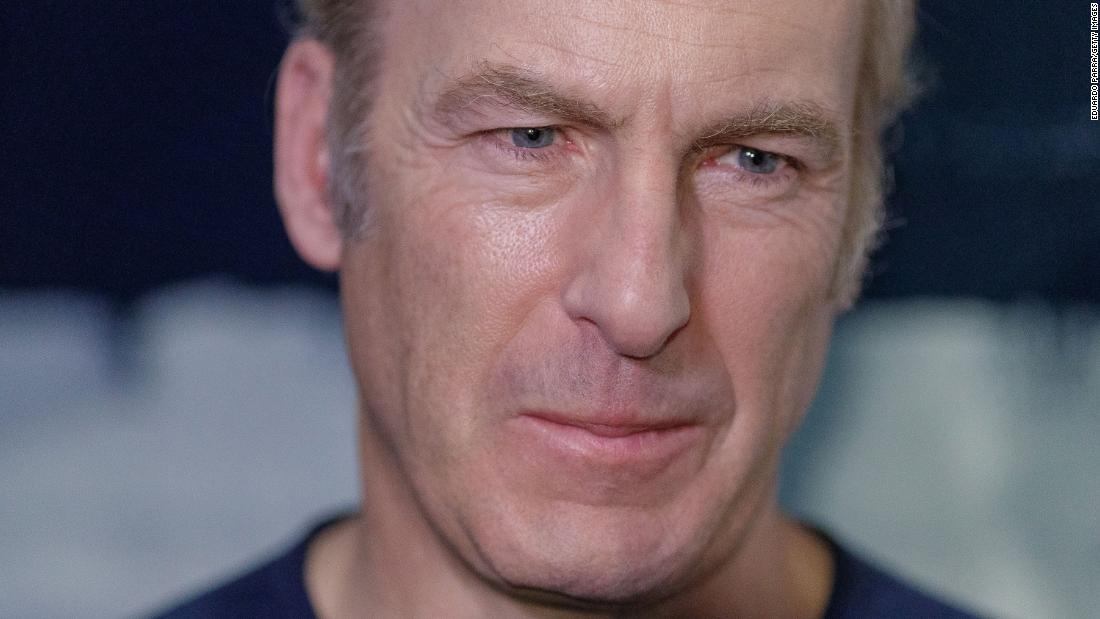What Should You Know About Finding a Vein Treatment Specialist Near You?
If you're struggling with varicose veins, spider veins, or other vein-related issues, you may be wondering, “Where can I find effective vein treatment near me

If you're struggling with varicose veins, spider veins, or other vein-related issues, you may be wondering, “Where can I find effective vein treatment near me?” Finding the right vein treatment specialist is crucial for a successful treatment outcome. Whether you’re looking for a minimally invasive procedure or a more traditional treatment method, this guide will walk you through what to expect when seeking vein treatment services and how to choose the best professional for your needs.
Why Should You Seek a Vein Treatment Specialist?
Vein-related conditions are more than just a cosmetic concern; they can affect your health and quality of life. Vein treatment specialists are medical professionals who specialize in diagnosing and treating venous disorders, including varicose veins, spider veins, deep vein thrombosis (DVT), and more. These specialists have extensive training in understanding the vascular system and offer tailored treatments to address specific conditions.
Seeking the right vein treatment specialist ensures that you get proper care for your condition, preventing potential complications such as ulcers, blood clots, and skin changes. These specialists are skilled in advanced techniques that can improve both your health and appearance. Whether you are experiencing symptoms such as swelling, pain, or fatigue in your legs, a vein treatment specialist will have the expertise to recommend the best course of treatment.
What Are the Most Common Types of Vein Treatments?
When searching for “vein treatment near me,” you’ll encounter various treatment options that can address your specific condition. Here are some of the most popular vein treatments:
- Sclerotherapy
Sclerotherapy is one of the most commonly used treatments for spider veins and smaller varicose veins. During this procedure, a special solution is injected directly into the affected vein, causing it to collapse and eventually be reabsorbed by the body. Sclerotherapy is minimally invasive and can be performed in an outpatient setting. - Endovenous Laser Therapy (EVLT)
Endovenous laser therapy is an advanced treatment used to close off large varicose veins. This procedure uses laser energy to target the vein, causing it to shrink and seal. The body gradually reroutes blood flow through healthier veins. EVLT is performed under local anesthesia and is minimally invasive. - Radiofrequency Ablation (RFA)
Similar to EVLT, RFA is another minimally invasive procedure for treating varicose veins. During this procedure, radiofrequency energy is used to heat and close the vein. Like laser therapy, RFA is effective in rerouting blood to healthier veins. - Vein Stripping
Although less commonly performed today due to the advent of minimally invasive treatments, vein stripping involves surgically removing a large vein. This procedure is usually reserved for more severe cases of varicose veins. - Ambulatory Phlebectomy
This technique involves making small incisions in the skin to remove varicose veins. It’s typically used for veins that are large but located close to the skin’s surface. It’s a minimally invasive procedure that can be performed on an outpatient basis.
Each of these treatments has its benefits and is tailored to treat specific types of vein problems. A vein treatment specialist will conduct a thorough evaluation to determine which method will work best for your condition.
How Do I Find a Vein Treatment Specialist Near Me?
When searching for “vein treatment near me,” it’s important to find a qualified specialist with experience in treating your particular vein issue. Here are some tips for selecting the right vein treatment specialist:
- Research Credentials and Experience
Look for a vein treatment specialist who is board-certified in vascular medicine or a related field. This ensures they have the necessary education, training, and expertise to provide high-quality care. Also, consider how long they’ve been practicing in the field of vein care and the types of treatments they offer. - Read Patient Reviews
Patient testimonials can provide valuable insight into a specialist’s bedside manner, professionalism, and the overall experience of receiving treatment. Check online reviews to get an idea of what to expect and to see if others have had positive outcomes with that provider. - Schedule a Consultation
Most vein treatment specialists offer consultations where you can discuss your symptoms, treatment options, and any concerns you might have. Use this opportunity to ask questions, understand the treatment process, and assess the specialist’s communication style and approach to care. - Look for Advanced Technology
The best vein treatment specialists use the latest technology to diagnose and treat venous conditions. Make sure the provider you choose offers advanced treatments such as sclerotherapy, EVLT, or RFA. Advanced technology ensures you’re getting the most effective, minimally invasive treatment available. - Verify Insurance Coverage
Before committing to any treatment, check whether the vein treatment specialist accepts your insurance. Some insurance plans cover vein treatments if they are deemed medically necessary, so make sure to clarify these details with the specialist’s office before proceeding.
What Are the Benefits of Minimally Invasive Vein Treatments?
Minimally invasive treatments, such as EVLT, RFA, and sclerotherapy, offer several advantages over traditional surgical procedures like vein stripping. Some of the key benefits include:
- Faster Recovery Time: Minimally invasive procedures typically have shorter recovery periods compared to traditional surgeries. Most patients can return to their normal activities within a few days.
- Less Pain and Discomfort: With advanced techniques, the need for large incisions is eliminated, reducing pain and discomfort after the procedure.
- Lower Risk of Complications: Since these procedures are less invasive, there’s a reduced risk of complications such as infection or scarring.
- Improved Aesthetic Results: Many of these treatments offer excellent cosmetic outcomes, especially for conditions like spider veins and varicose veins.
Choosing a vein treatment near you that offers these advanced, minimally invasive options ensures that you’ll experience a smoother recovery process and better results.
How Much Does Vein Treatment Cost?
The cost of vein treatments can vary based on the type of treatment you choose, the location of the specialist, and whether your insurance covers the procedure. On average, sclerotherapy can cost anywhere from $300 to $500 per session, while more complex treatments like EVLT and RFA may range from $1,500 to $3,000 per session.
Before committing to treatment, it’s important to get a detailed estimate of costs, including any follow-up appointments or potential additional treatments. If your vein condition is causing significant pain or health issues, insurance may cover part or all of the cost, so it’s worth checking with your provider to see if any treatments are covered under your plan.
Conclusion: Choosing the Right Vein Treatment Specialist Near You
Finding the right vein treatment near you begins with selecting a qualified vein treatment specialist who can offer personalized care for your condition. By understanding the various treatment options, looking for experienced professionals, and considering factors such as cost and technology, you can ensure a positive outcome for your vein treatment.
Remember, taking the time to research specialists, schedule consultations, and discuss your treatment options will ultimately help you make an informed decision. Whether you’re seeking relief from cosmetic concerns or a more serious venous issue, working with a trusted vein treatment specialist will lead to better results and improved quality of life.
What's Your Reaction?



















